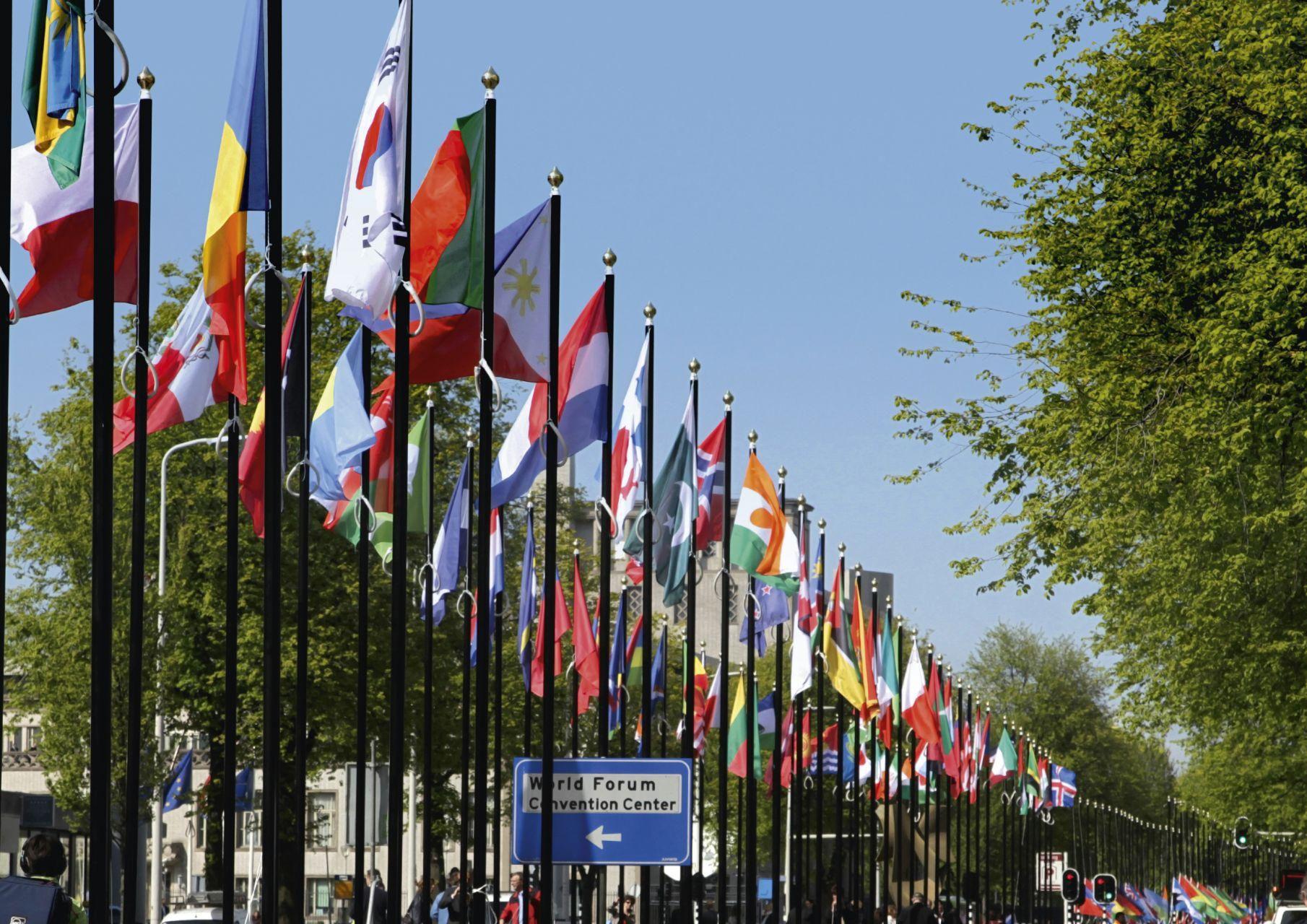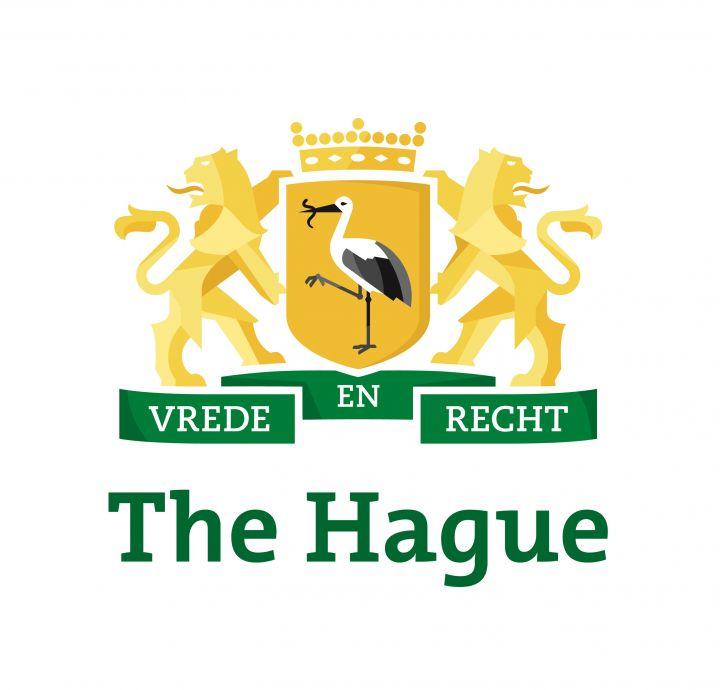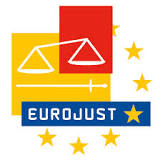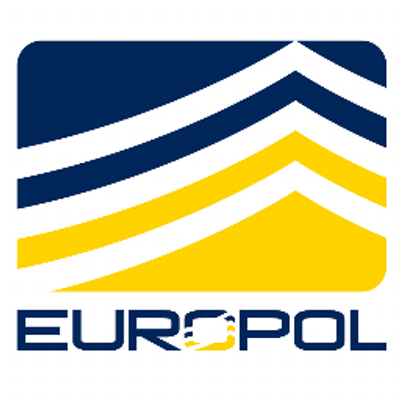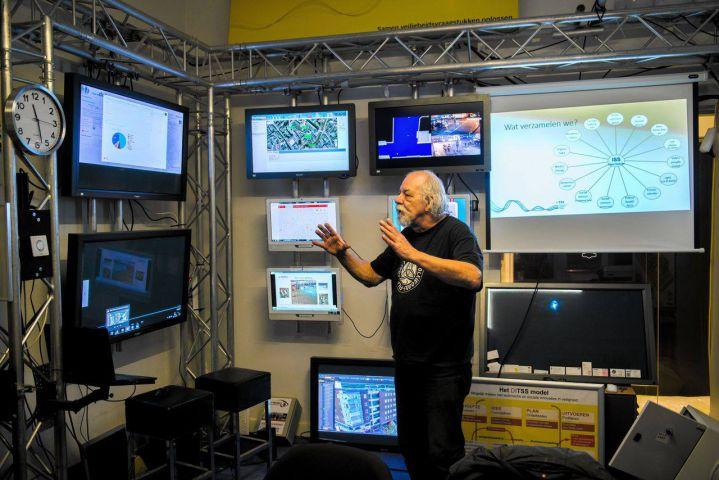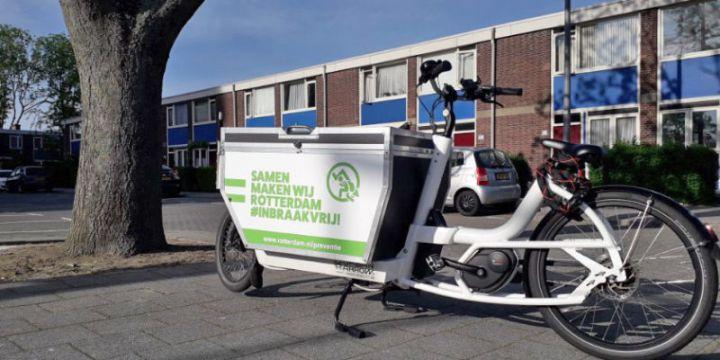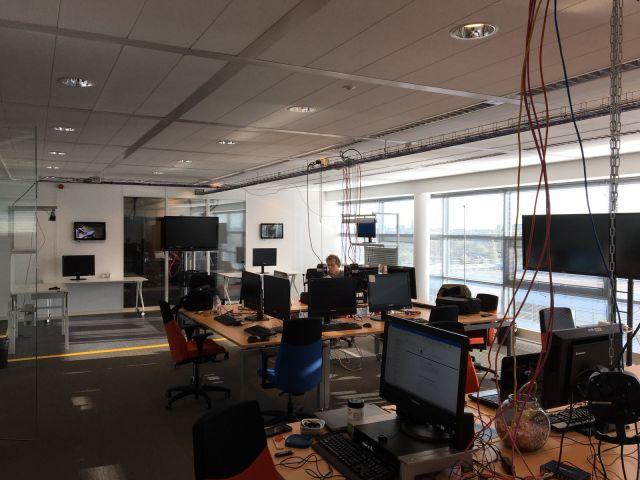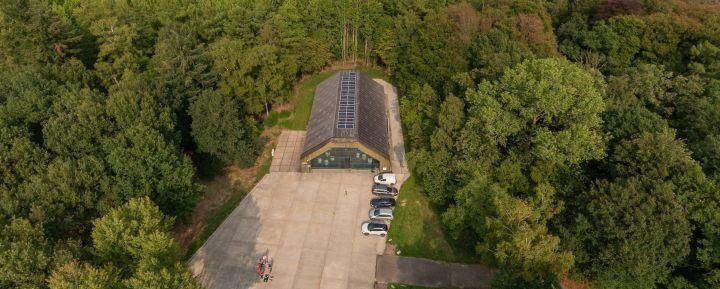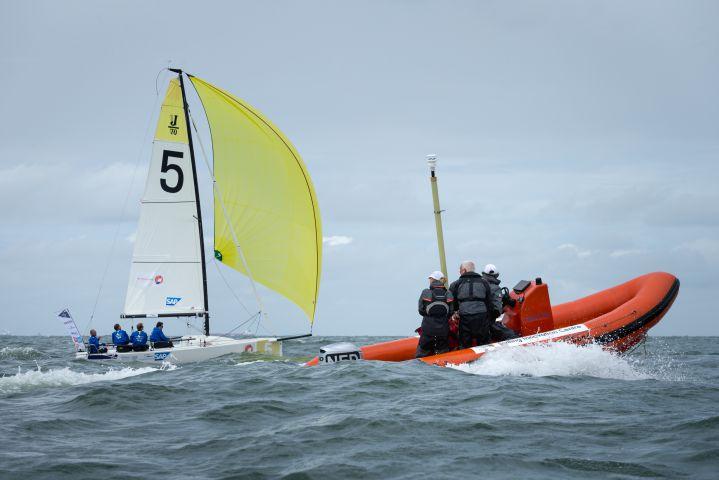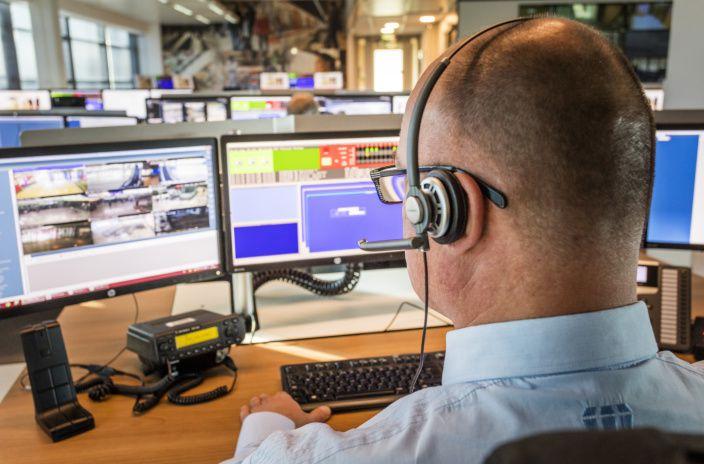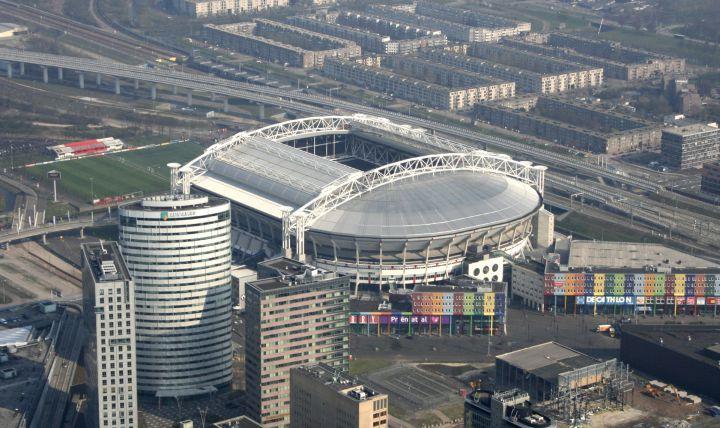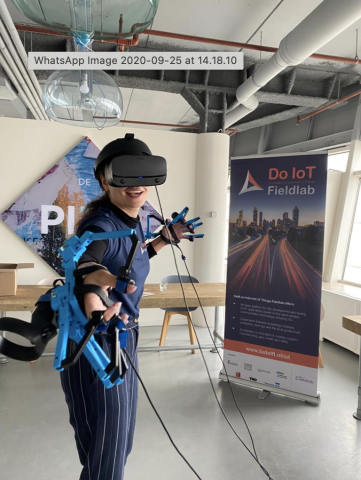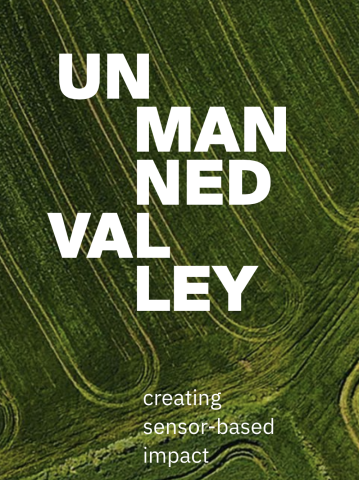Living Lab International Zone
The ‘international zone’, a unique area where several international organisations have established themselves, is located in the heart of The Hague. Unlike other cities in the world, this area is part of the city, and the organisations are located close to each other. It is an area where people live, work, shop and recreate. This requires innovative safety solutions.
As a city of peace, justice and security, The Hague welcomes international organisations that strengthen this position. The international zone is a nice business card to attract more organisations. Security in the area must therefore be of a high level. Security measures are invisible to the extent possible so the allure and liveability of the area is preserved. The innovations of the Living Lab International Zone contribute to this.
Approach
Buildings have traditionally been secured. Experiments in the field of area security are conducted in the living lab. International organisations join forces with the municipality, the police and the business community. They coordinate security measures and play chess on multiple boards to increase safety in the area. Innovations in the fields of engineering, architecture, ICT, spatial planning and organisational processes ensure a holistic approach that raises safety in the area to a higher level.
Innovations
The following innovations are carried out within the living lab International Zone:
- Community building
Each organisation has its own international regulations that are different from the others. That makes sharing information complicated. The Living Lab brings all parties together so they get to know each other and know what the other party is doing. - Exchange of information
An innovative platform has been developed within the Living Lab that is suitable for sharing (international) security information. Other innovative projects use this basic facility to share and retrieve information for their experiments. - Web monitoring
Various online channels are monitored and analysed. Based on specific criteria, innovative software assesses whether messages and reports indicate activities that have an impact on the organisations or safety in the area. - Eye and ear experiment
This experiment adds acoustic sensors to camera surveillance. If an incident occurs, the system uses the noise to determine what kind of incident it is and where it takes place. The cameras in the area automatically focus on the right spot, and images are streamed live to the police control room. As a result, viewing camera images becomes more effective and less labour-intensive. - Area monitoring
Sharing security information is the first step required for effective and efficient area security. The next step is to set up an area monitoring centre, which receives information from all kinds of sources and sensors. After analysing the information, the police can take action if necessary.
Business
The Living Lab International Zone offers companies the opportunity to test within an international context whether their product can collaborate with other innovative applications, such as the platform for sharing security information. Products can also be improved technically and process-wise in the living lab. The lessons learned in this Living Lab are not public. In the future, collaboration will be sought with other living labs and smart city projects.
Participation
Participation in this living lab is by invitation only. Companies that believe that their technology can contribute to better area security and know how to substantiate this can contact The Hague Security Delta.
Partners in the Living Lab International Zone include: Municipality of The Hague, The Hague Police Region, TNO, Thales, Sorama, Connection Systems, Crowd Sense, The Hague Security Region, Europol, Eurojust, OPCW, IRMCT, Peace Palace, Catshuis, Government Buildings Agency, Ministry of Foreign Affairs and Security Delta (HSD).
Contact Details
Municipality of The Hague

